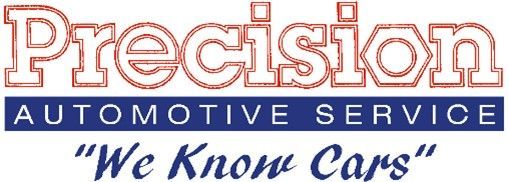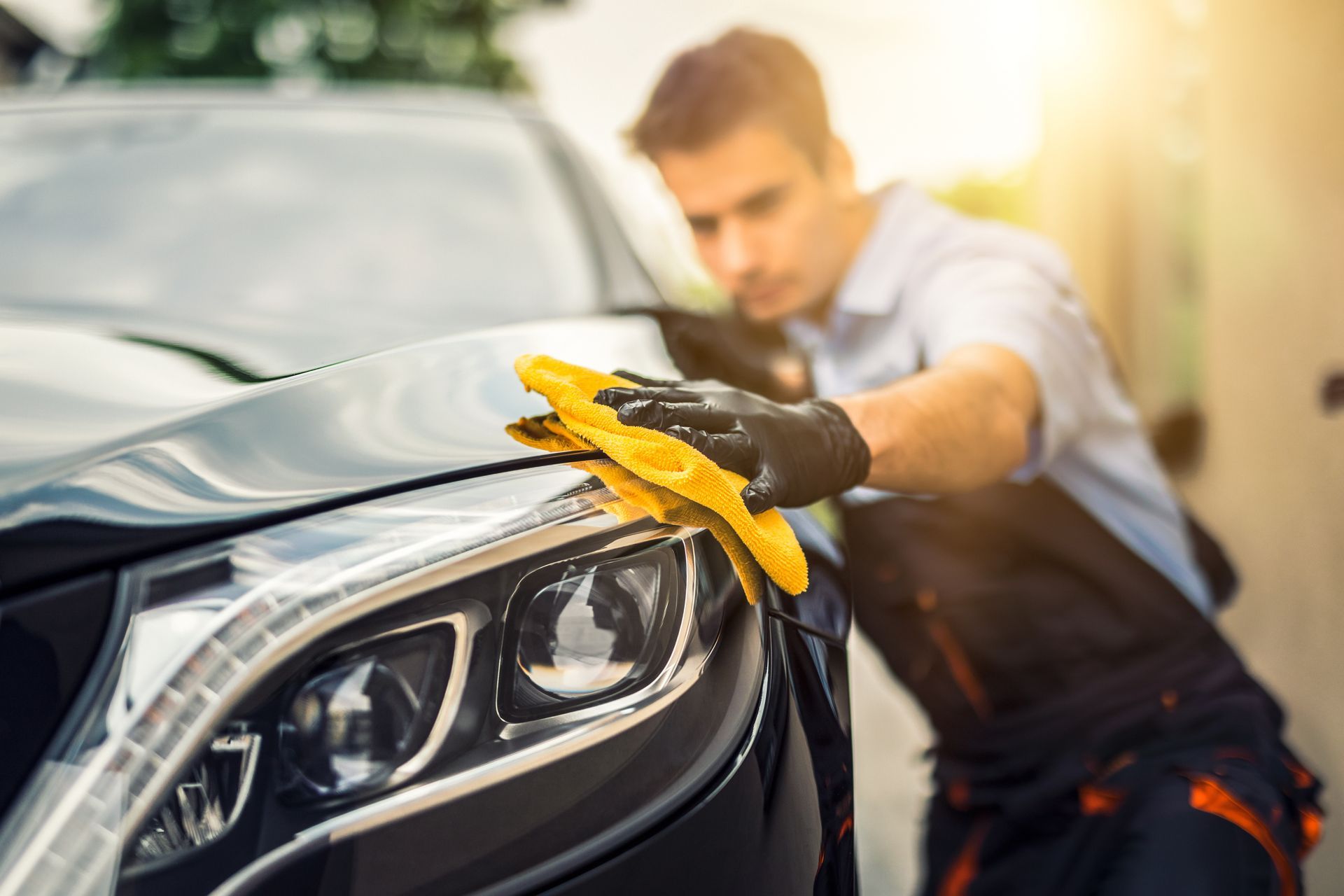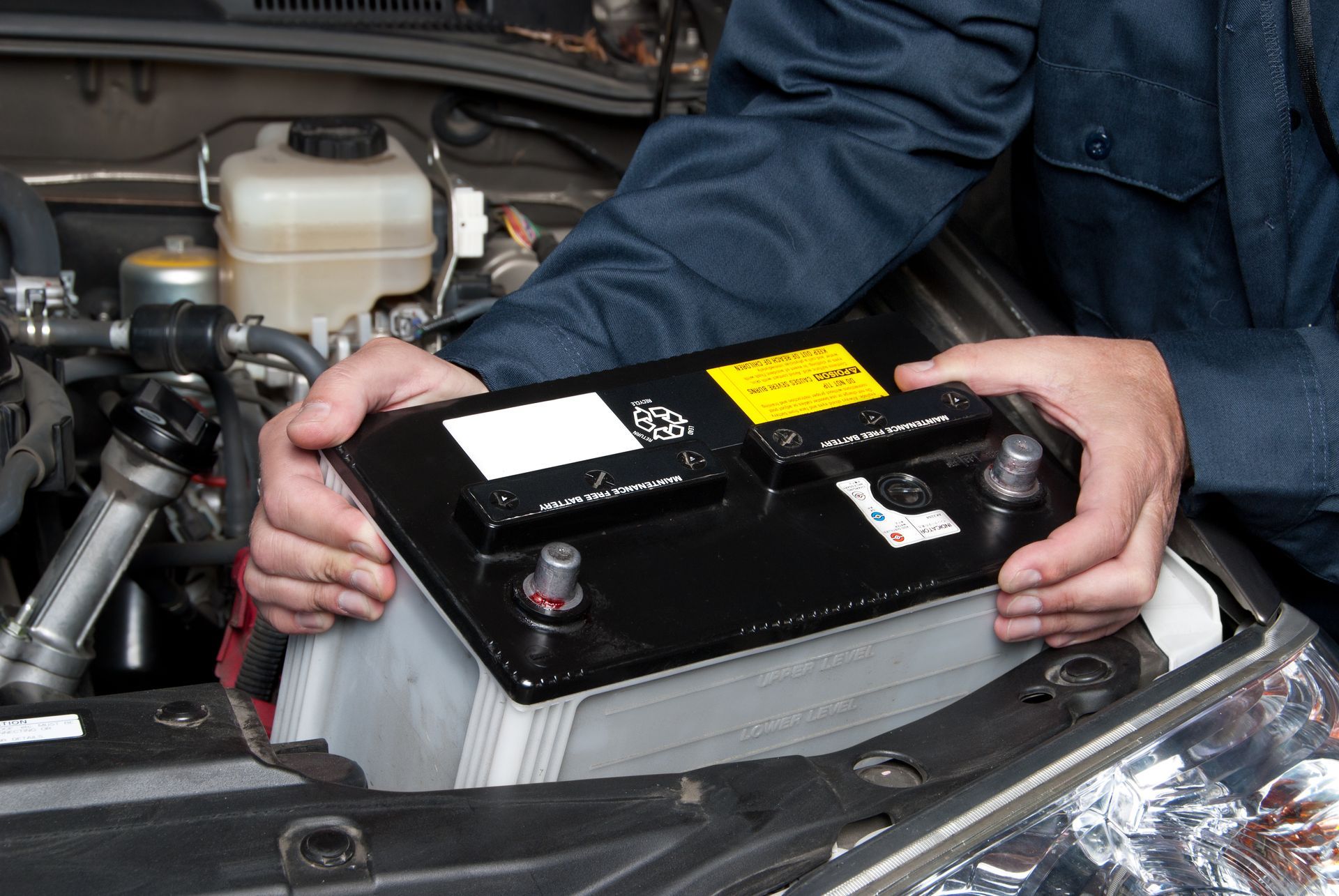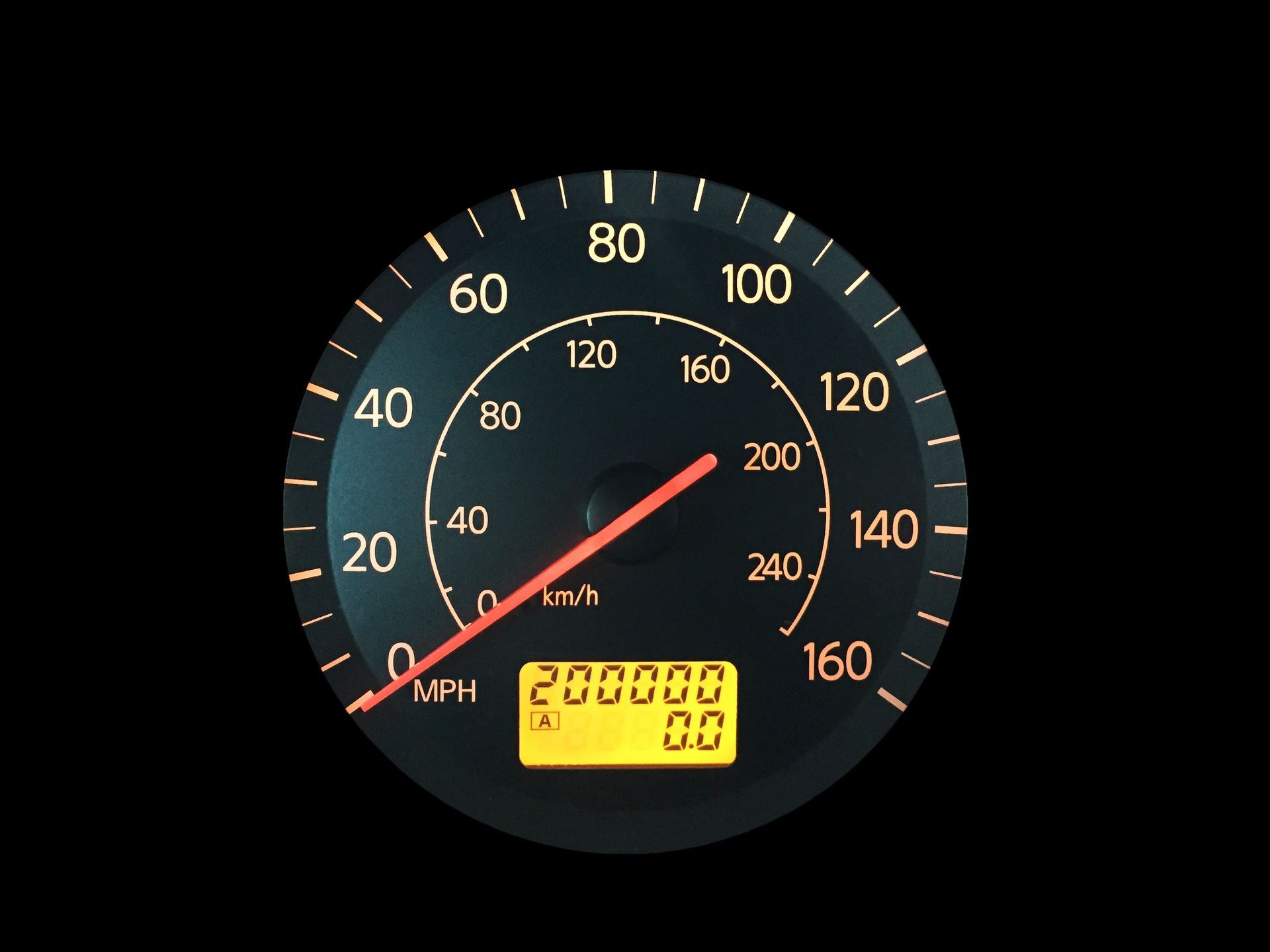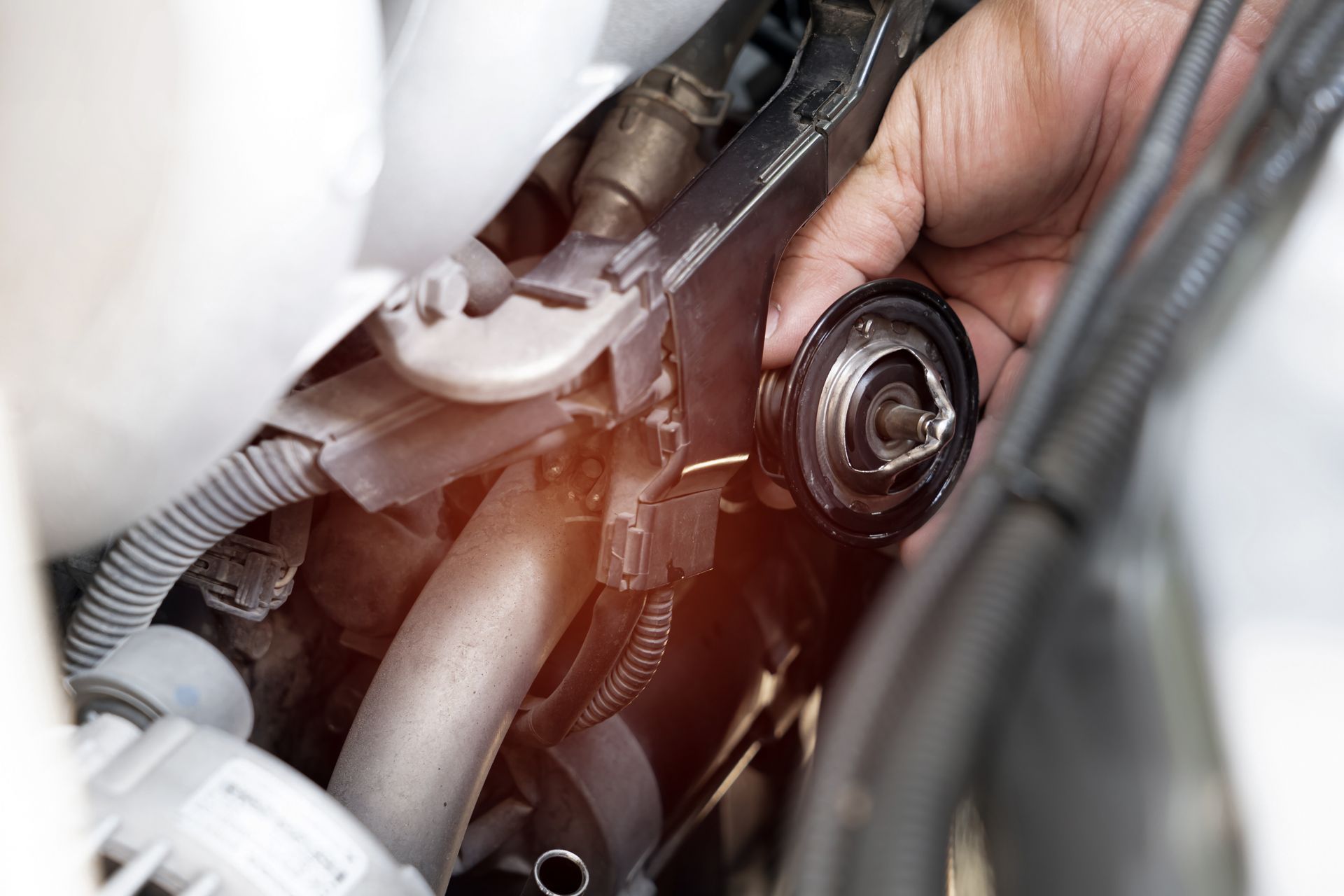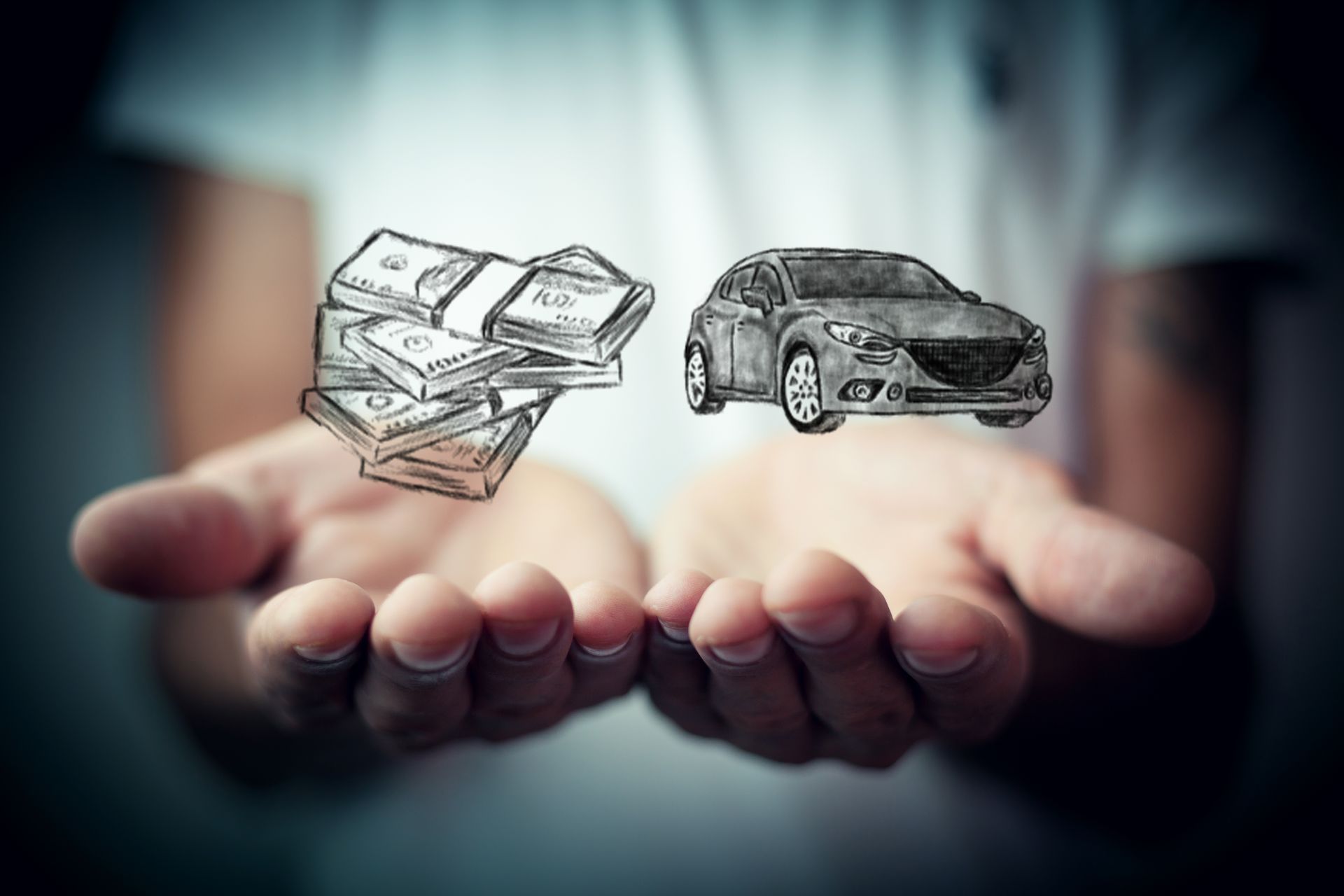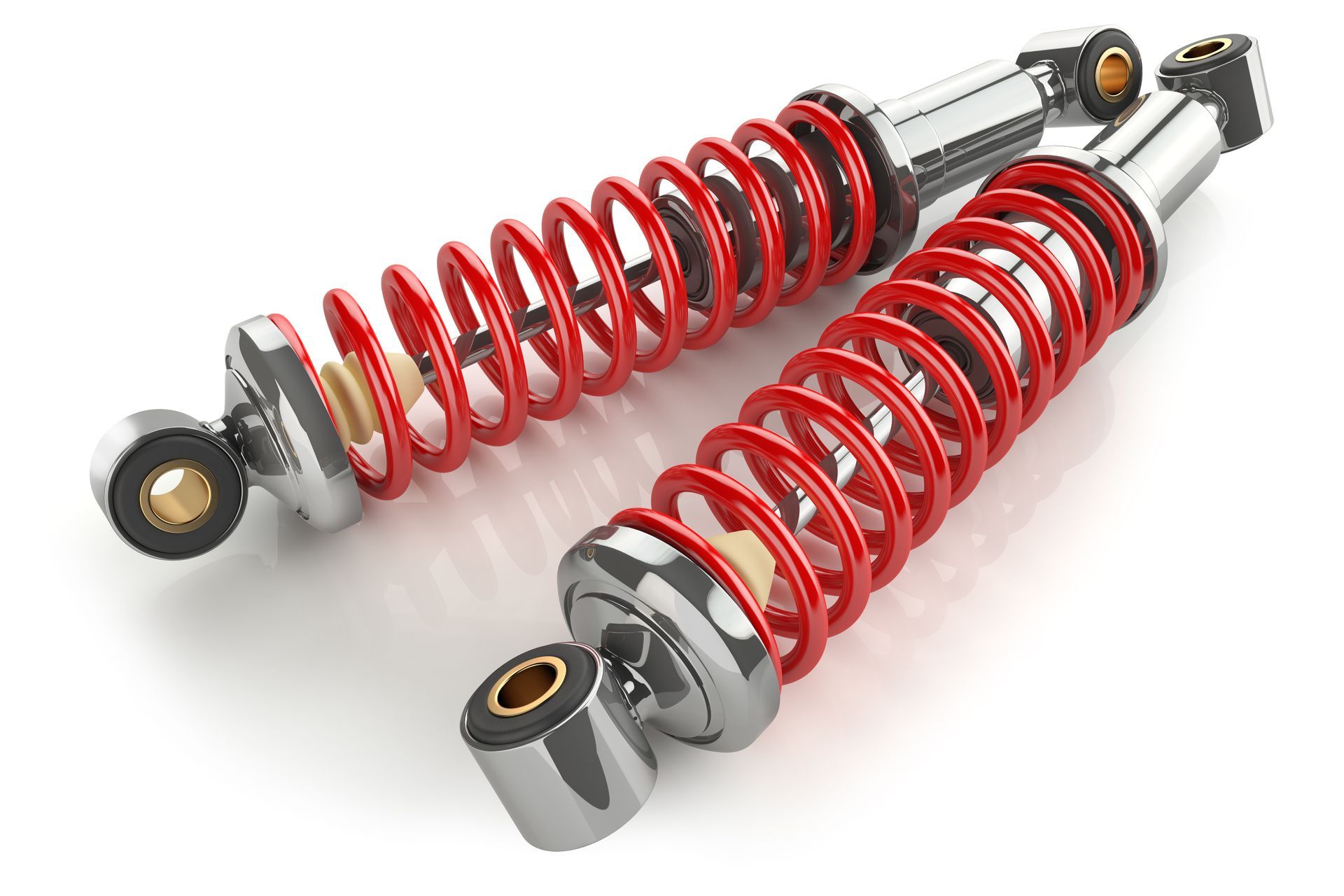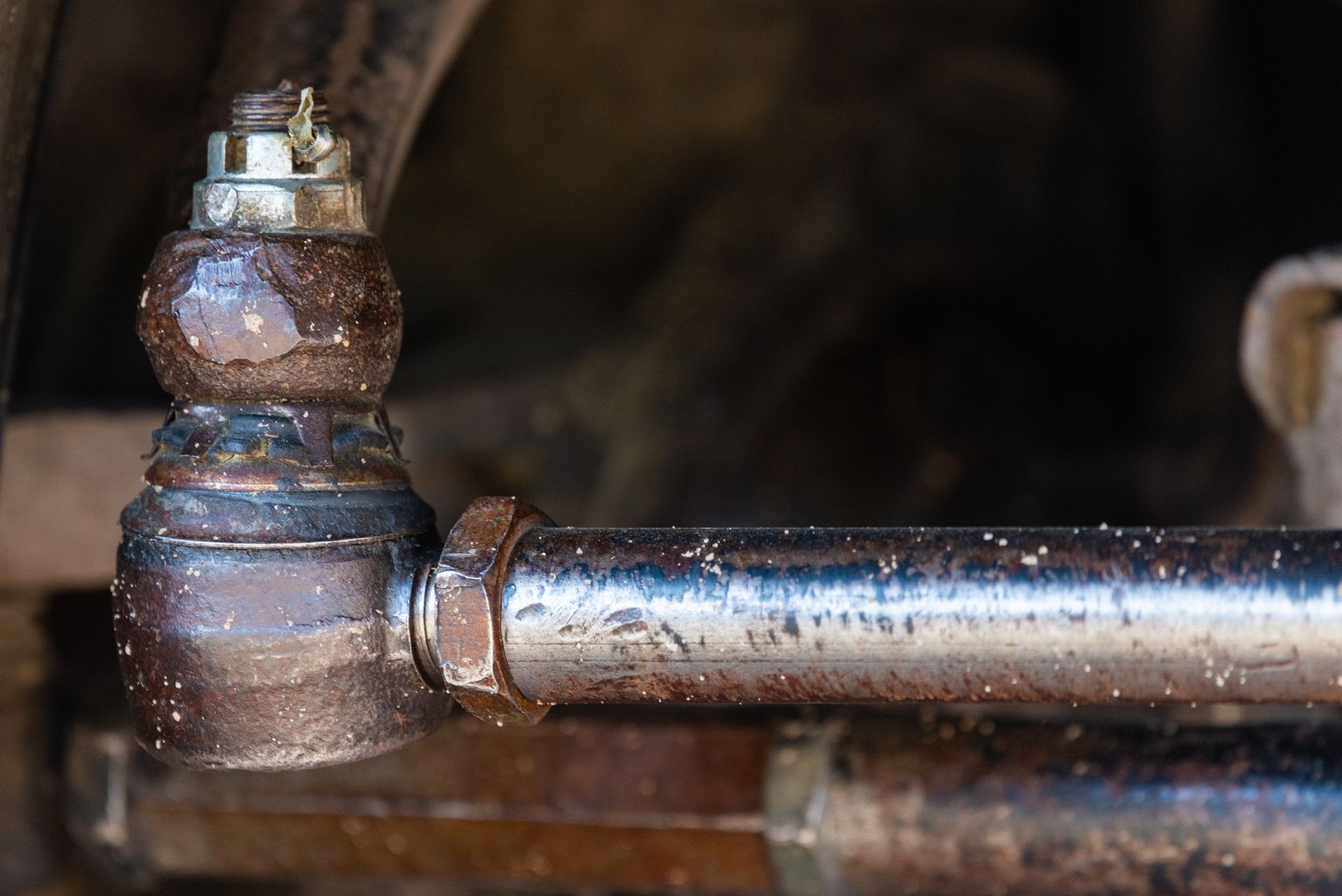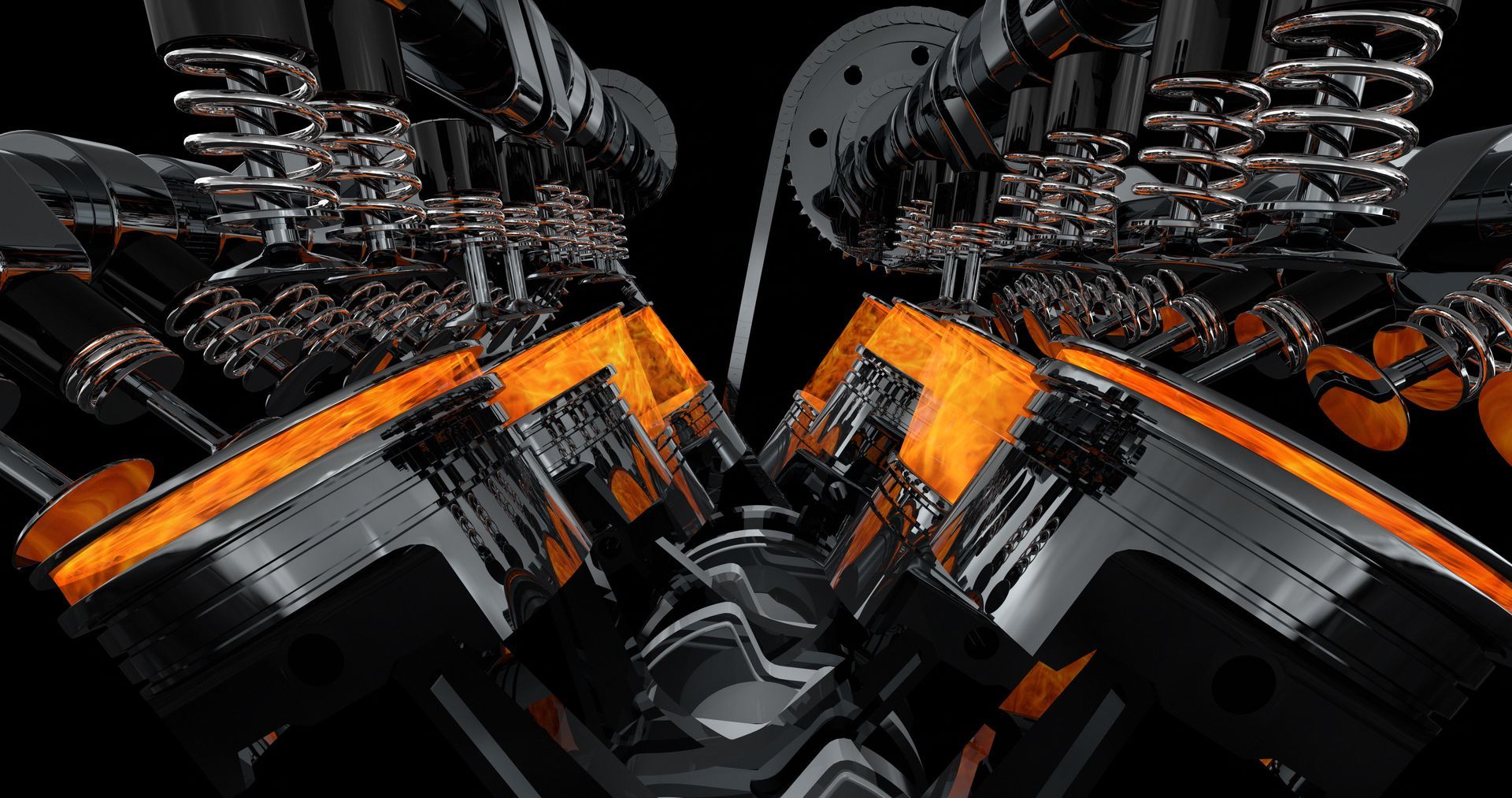Most drivers don’t realize that their everyday habits could silently damage their vehicle. While modern cars are designed to handle normal wear and tear, certain driving behaviors can speed up deterioration, leading to costly repairs, reduced performance, and even safety hazards.
If you want to extend the lifespan of your car and avoid unnecessary repairs, it’s important to recognize which habits are harming your vehicle. Let’s take a closer look at some of the worst driving habits and how they can cause damage over time.
1. Accelerating Too Hard and Braking Too Late
Slamming on the gas and then braking at the last second might feel thrilling, but it’s one of the quickest ways to wear down your car’s components.
Hard acceleration forces the engine to work harder than necessary, leading to excessive fuel consumption and unnecessary strain on internal parts. Over time, this can contribute to faster wear on the engine, transmission, and drivetrain.
Braking too late not only increases stopping distances but also wears out brake pads and rotors faster. The constant stress on the braking system can lead to overheating, warping, and costly replacements.
2. Riding the Brakes on Downhills
Keeping your foot on the brake while driving downhill might seem like a good way to maintain speed, but it actually overheats and wears down your brakes quickly. Instead, use engine braking by shifting into a lower gear if your vehicle allows it. This method reduces brake stress and prevents overheating while maintaining control.
3. Ignoring Warning Lights and Strange Noises
Your dashboard warning lights exist for a reason. Ignoring a check engine light, oil pressure warning or brake system alert could mean driving with a serious problem. Similarly, unusual noises like grinding, knocking, or squealing indicate mechanical issues that need immediate attention.
Delaying necessary repairs allows minor issues to turn into major, expensive problems. A simple fix today could save you from a costly breakdown tomorrow.
4. Often Running on Low Fuel
Frequently driving with the fuel level near empty can damage your car’s fuel system. The fuel pump, which is responsible for delivering gasoline to the engine, relies on fuel to stay cool. When the tank runs too low, the pump draws in air and debris, increasing the risk of clogs, overheating, and premature failure.
It’s best to keep at least a quarter tank of fuel at all times to protect your fuel system and ensure your engine runs efficiently.
5. Shifting from Reverse to Drive Too Quickly
Switching gears from reverse to drive (or vice versa) while the car is still moving puts unnecessary stress on the transmission and drivetrain. This habit can lead to internal transmission damage, causing jerky shifting, fluid leaks, and eventually, complete transmission failure.
Always bring your vehicle to a full stop before switching between drive and reverse to prevent excessive wear on transmission components.
6. Overloading Your Car with Excess Weight
Carrying too much weight—whether it’s heavy cargo, excess luggage, or even towing beyond your vehicle’s capacity—strains your suspension, brakes, and engine. The added weight forces the engine to work harder, increases fuel consumption, and puts stress on key components like brake pads, tires, and shocks.
If your vehicle is constantly overloaded, expect to replace parts more frequently and experience reduced performance. Check your owner's manual for your car’s weight limits to avoid excessive strain.
7. Driving Over Potholes and Speed Bumps Too Fast
Hitting potholes or speed bumps at high speeds doesn’t just make for an uncomfortable ride—it can seriously damage your suspension, alignment, and tires. The sudden impact can cause bent wheels, broken struts, misaligned steering, and even tire blowouts.
When driving on rough roads, slow down and maneuver carefully to avoid unnecessary wear on your vehicle’s undercarriage and suspension system.
8. Ignoring Regular Maintenance
Skipping routine maintenance is one of the worst things you can do for your car. Neglecting oil changes, brake inspections, tire rotations, and fluid top-offs accelerates wear and tear, reduces performance, and increases the risk of major mechanical failures.
Regular service appointments help detect small issues before they become expensive problems, ensuring your car stays reliable, efficient, and safe.
Precision Automotive Service NY Can Keep Your Car in Top Shape
Bad driving habits may be silently damaging your car, but it’s never too late to change. If you’ve noticed unusual noises, poor braking, rough shifting, or excessive wear on your tires, our professionals can inspect your vehicle and address any concerns before they turn into major repairs.
Worried that bad driving habits have taken a toll on your car? Our professionals at
Precision Automotive Service NY in Endicott, NY, can inspect your vehicle and prevent further damage. Call us today to schedule a check-up!
